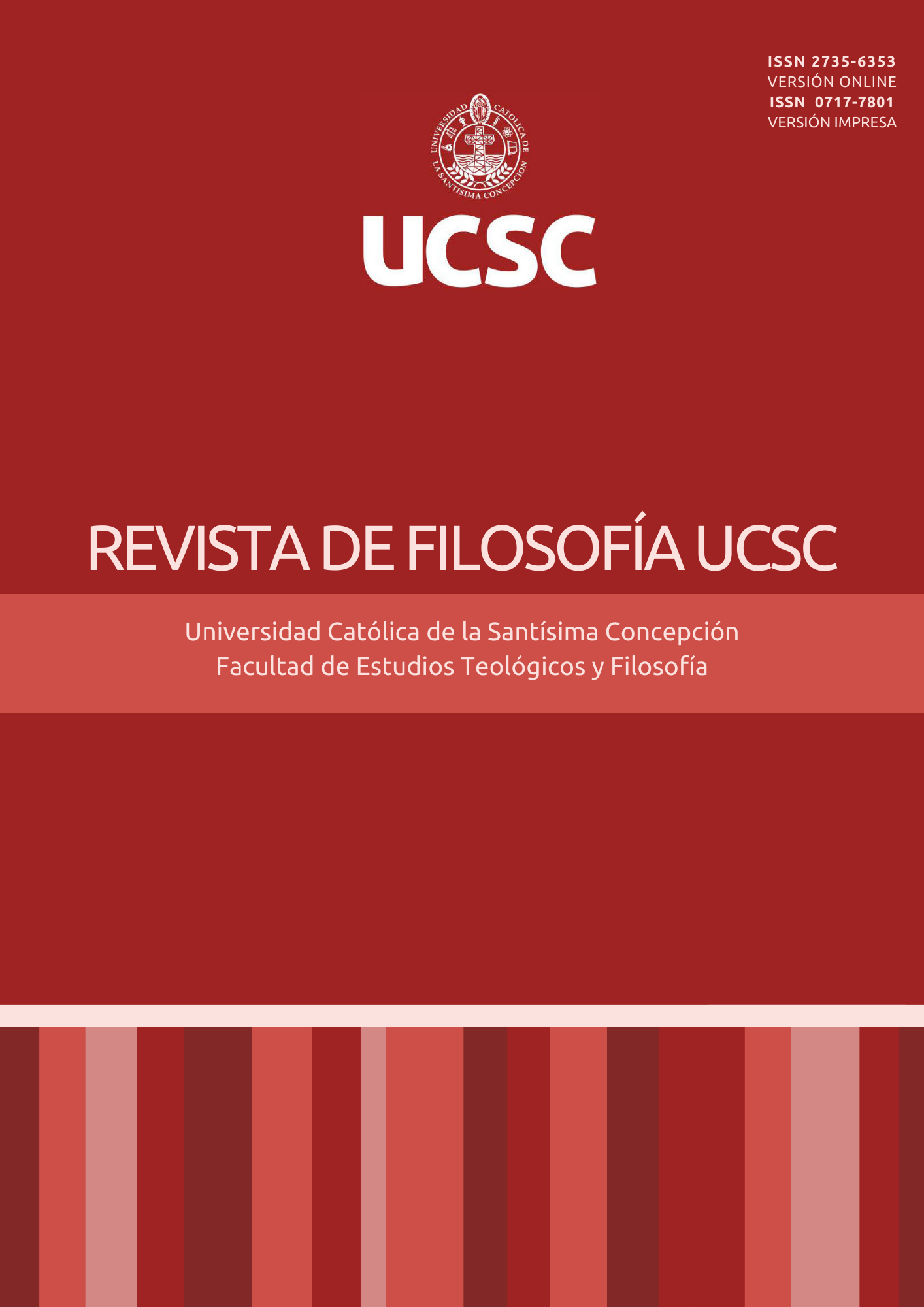Freedom and Sustainability
Contenu principal de l'article
Résumé
This article examines the perceived conflict between freedom and sustainability, proposing that a qualitative understanding of freedom can integrate liberal and ecological interests. It critiques the notion of quantitative freedom, focused on maximizing individual choices without considering their content or purpose, for ignoring essential aspects such as the rights of future generations and ecological sustainability. In contrast, it argues that qualitative freedom, which values options based on their contribution to human autonomy and dignity, offers a more comprehensive solution. This perspective prioritizes options that promote the freedom of all, including future generations, and suggests that some restrictions may be necessary to enhance sustainable life opportunities. The conclusion asserts that qualitative freedom should precede the quantitative consideration of options, allowing sustainability policies to be viewed not as limitations on freedom but as qualitative improvements that ensure better opportunities for all, both now and in the future.
Details de l'article
Rubrique

Ce travail est disponible sous licence Creative Commons Attribution - Pas d’Utilisation Commerciale 4.0 International.
Le UCSC Journal of Philosophy est en libre accès et ne facture pas sa publication. En outre, il réglemente sa politique de droits d'auteur et l'accès à ses archives conformément à la licence publique internationale Attribution-NonCommercial 4.0 (CC BY-NC 4.0). Il est donc permis de partager (reproduire et distribuer le matériel sur tout support ou dans tout format) et d'adapter (modifier, transformer et créer à partir du matériel) à condition que le crédit approprié soit donné, y compris la citation avec les données correspondantes. En outre, il n'est pas permis d'utiliser le matériel à des fins lucratives.
Comment citer
Références
Arneson, R. (2009). Meaningful work and market socialism revisited. Analysis and Criticism-Journal of the Social Sciences, 31(1).
Bentham, J. (1970). Of laws in general. H. L. A. Hart.
Briggs, X. (2008). Democracy as problem solving: Civic capacity in communities across the globe. MIT
Button, M. E. (2008). Contract, culture and citizenship: Transformative liberalism from Hobbes to Rawls. Penn.
Carter, I. (1999). A measure of freedom. Oxford.
Christman, J. (2005). "Saving positive freedom." Political Theory, 33(1), 79-88.
Connolly, W. E. (1993). The terms of political discourse. Oxford.
Dierksmeier, C. (2016). Reframing economic ethics. The philosophical foundations of humanistic management. Palgrave Macmillan.
Dierksmeier, C. (2018). "Qualitative freedom and cosmopolitan responsibility." Humanistic Management Journal, 2(2), 109-123.
Dierksmeier, C. (2019). Qualitative freedom – Autonomy in cosmopolitan responsibility. Springer.
Dworkin, G. (1988). The theory and practice of autonomy. Cambridge University Press.
Dworkin, R. (1977). Taking rights seriously. Harvard University Press.
Feinberg, J. (1992). Freedom and fulfillment: Philosophical essays. Princeton.
Flathman, R. E. (1987). The philosophy and politics of freedom. University Chicago Press.
Friedman, M., & Friedman, R. D. (1990). Free to choose: A personal statement. Mariner.
Fuhrmann, R. D. (1999). Der Bürger der Bürgergesellschaft: "Bürgergutachten" aufgrund von fünf "Bürgergutachtenzellen" nach dem Verfahren "Planungszelle". Springer.
Habermas, J. (1961). On the concept of political participation. Luchterhand.
Hobbes, T. (1996). Leviathan. Menston.
Howaldt, J., & Schwarz, M. (2010). Social innovation in focus: Sketch of a research concept inspired by social theory. Bielefeld.
Kramer, M. H. (2003). The quality of freedom. Oxford.
Kristjánsson, K. (1996). Social freedom: The responsibility view. Cambridge University Press.
Laski, H. (1962). The rise of European liberalism. Routledge.
MacGilvray, E. (2011). The invention of market freedom. Cambridge University Press.
Marx, K., & Engels, F. (1988). Werke. Dietz.
Megone, C. (1987). One concept of liberty. Political Studies, 35(4), 611-622.
Miller, D. (1985). Reply to Oppenheim. Ethics, 95(2), 310-314.
Nelson, E. (2005). Liberty: One concept too many? Political Theory, 33(1), 58-78.
Nussbaum, M. (2013). Creating capabilities. Harvard University Press.
O'Neill, O. (1989). Constructions of reason: Explorations of Kant's practical philosophy. Cambridge University Press.
Oppenheim, F. (1985). Constraints on freedom as a descriptive concept. Ethics, 95(2), 305-309.
Quine, W. v. O. (1987). Quiddities: An intermittently philosophical dictionary. Harvard University Press.
Rösler, P., & Lindner, C. (Eds.). (2009). Freiheit: gefühlt - gedacht - gelebt. Liberale Beiträge zu einer Wertediskussion. Wiesbaden.
Thrasher, J. (2014). John Tomasi: Free market fairness. Public Choice, 159(1-2), 309-311.




